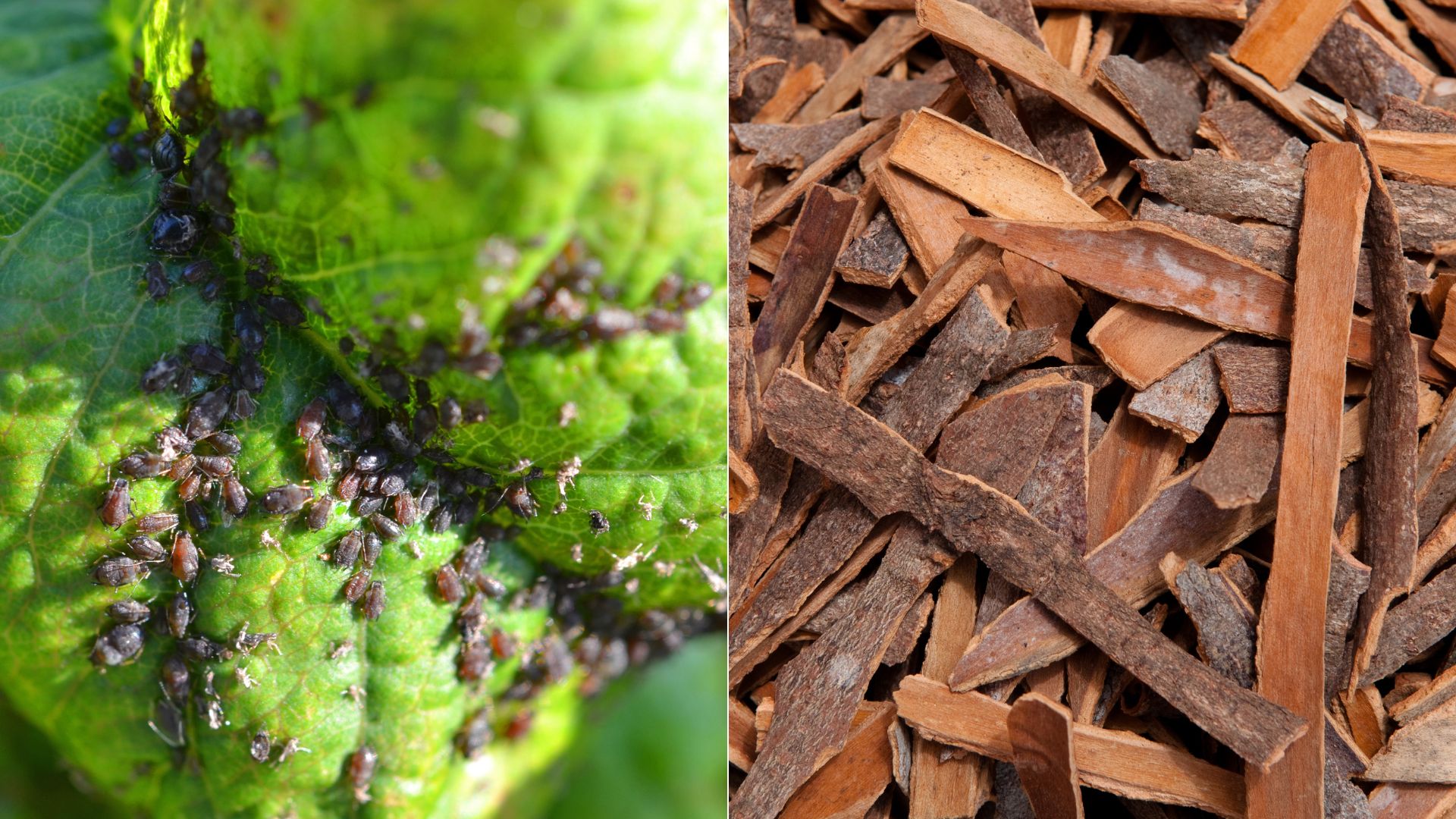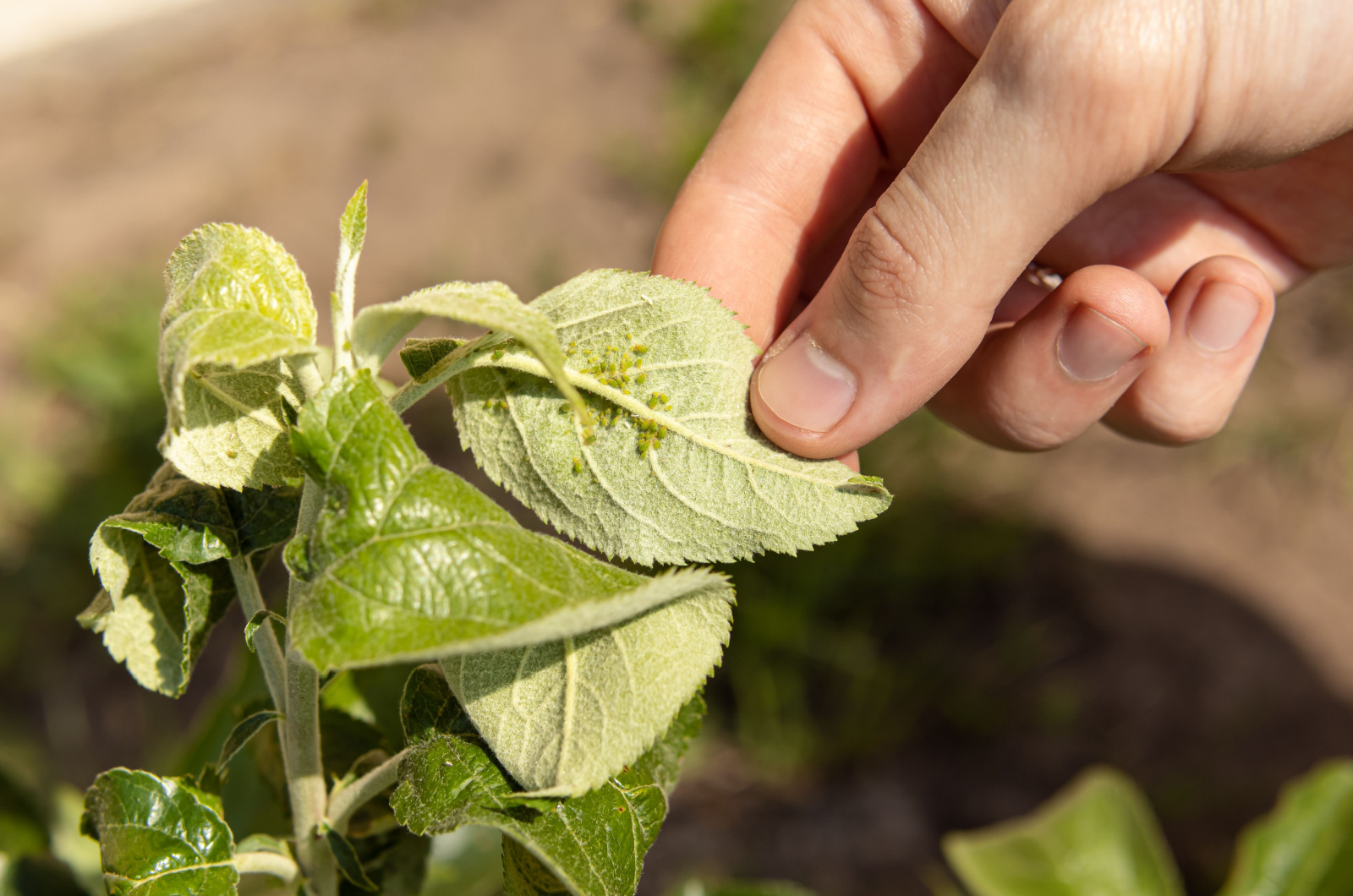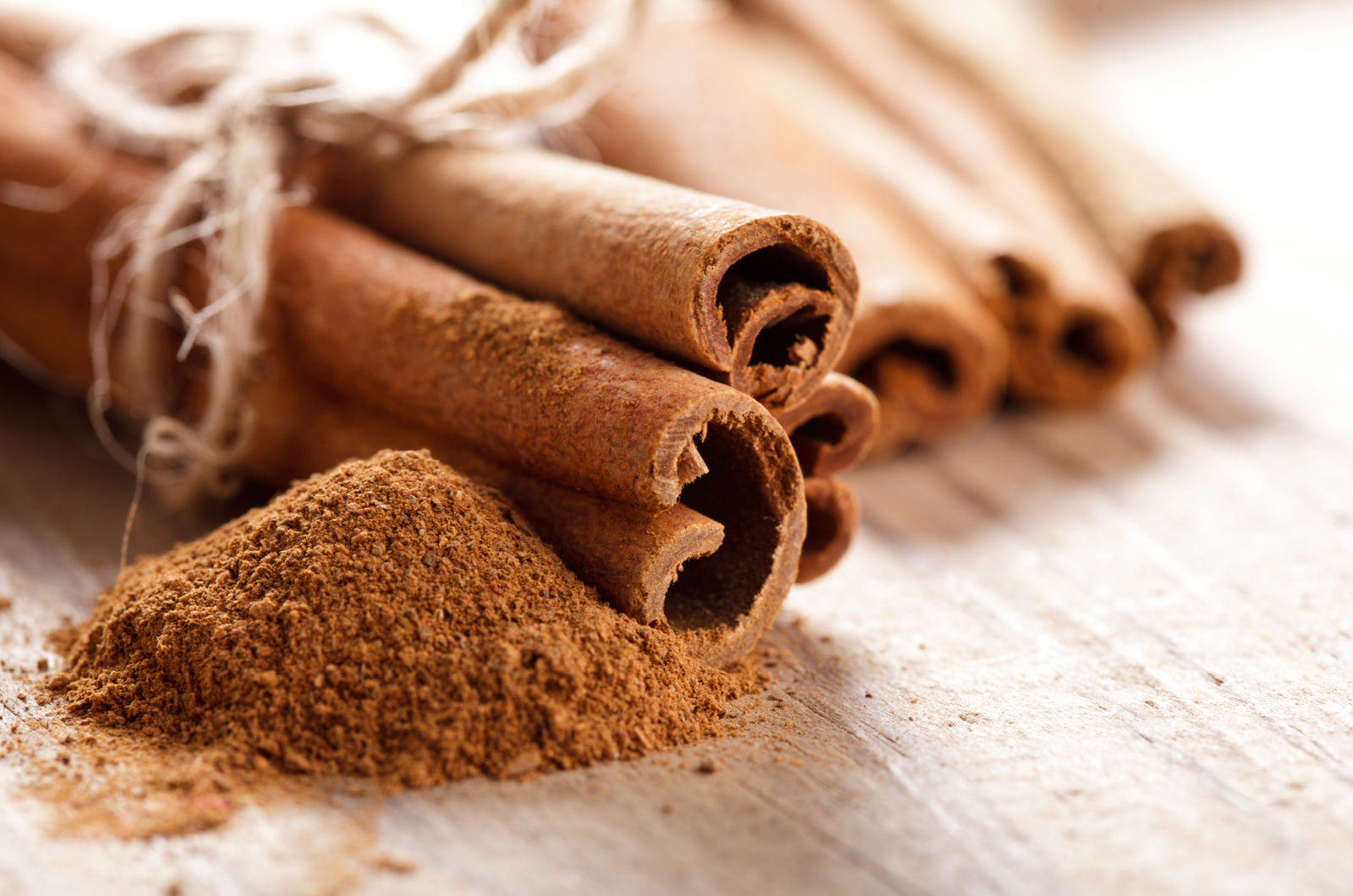If you have fruits and veggies in your garden, then you have definitely encountered sap-sucking aphids at some point on your gardening journey. These tiny insects may be small, but their ability to wreak havoc on your garden is not to be underestimated.
Peach-potato aphids are one of the most frequent garden visitors; due to their small size, these pests can move around your garden without you even noticing.
However, if you notice that some of your plants have weakened, check the undersides of their leaves because this is where aphids usually settle in. To treat aphids, you can use home remedies like vinegar and Epsom salt, and you can also use cinnamon.
In this article, we are going to teach you how to use cinnamon to get rid of aphids. So, stay tuned!
How To Get Rid Of Aphids With Cinnamon
Cinnamon can really make your garden thrive. This natural home remedy is cheap, effective, and also an amazing eco-friendly option for preventing pest problems.
If you decide to use cinnamon for this cause, there are a few ways to do so. First, you can scatter cinnamon sticks in the soil around the affected plants. The strong scent of cinnamon helps keep certain pests away.
Cinnamon bark can be broken up for a more organic appearance and used in the soil around your plants to blend in. However, you can always sprinkle some cinnamon powder over the ground (just make sure that there is no sugar added to it).
What you can also do is make your own pest-repelling cinnamon spray – you will need a cinnamon powder or oil to make it work. All you have to do is combine two teaspoons of powder in four cups of warm water and let it soak all night long like a tea.
The liquid should then be strained and put into a spray bottle. To prevent burning your plants, it’s critical to stick to the following ratio while using cinnamon oil: 99% water to 1% cinnamon oil.
Wipe your plants well before spraying to get rid of as many aphids as you can, then simply spray it over the plant and the soil around it. Don’t forget to spray the stems and the undersides of the leaves!
While it’s important to get into every nook and cranny of the plant, you should also avoid spraying too much of the repellent, especially if you are using cinnamon oil. Also keep in mind that you should repeat the process every two weeks.
Also read: How To Grow Cinnamon (Beginner-Friendly Guide)
Why This Works
Cinnamon is a remarkable natural solution for all plants that are susceptible to pests. If you don’t want to use pesticides that contain different chemicals which could potentially harm your plants, then cinnamon is the way to go.
But have you ever wondered why cinnamon is so effective when it comes to deterring pests?
Well, this is because cinnamon contains the compounds cinnamaldehyde and eugenol, which makes the scent of cinnamon so strong. Cinnamon oil rich in eugenol also has strong fungicidal effects [1].
Cinnamon also has a biocidal impact in higher doses and can stop pests from laying eggs. Aphids, for instance, are instantly killed and deterred by cinnamon oil spray.
Other insects besides aphids are also not so keen on cinnamon – this is why you can use cinnamon powder as a barrier on patios or around raised garden beds to keep crawling insects away from your plants.
Also read: Can You Use Cinnamon As A Rooting Hormone In Your Garden
References:
1. Xing F., Huijuan H., Selvaraj J.N., Yueju Z., Lu Z., Xiao L., Yang L. Growth inhibition and morphological alterations of Fusarium verticillioides by cinnamon oil and cinnamaldehyde. Food Control. 2014;46:343–350. doi: 10.1016/j.foodcont.2014.04.037.



